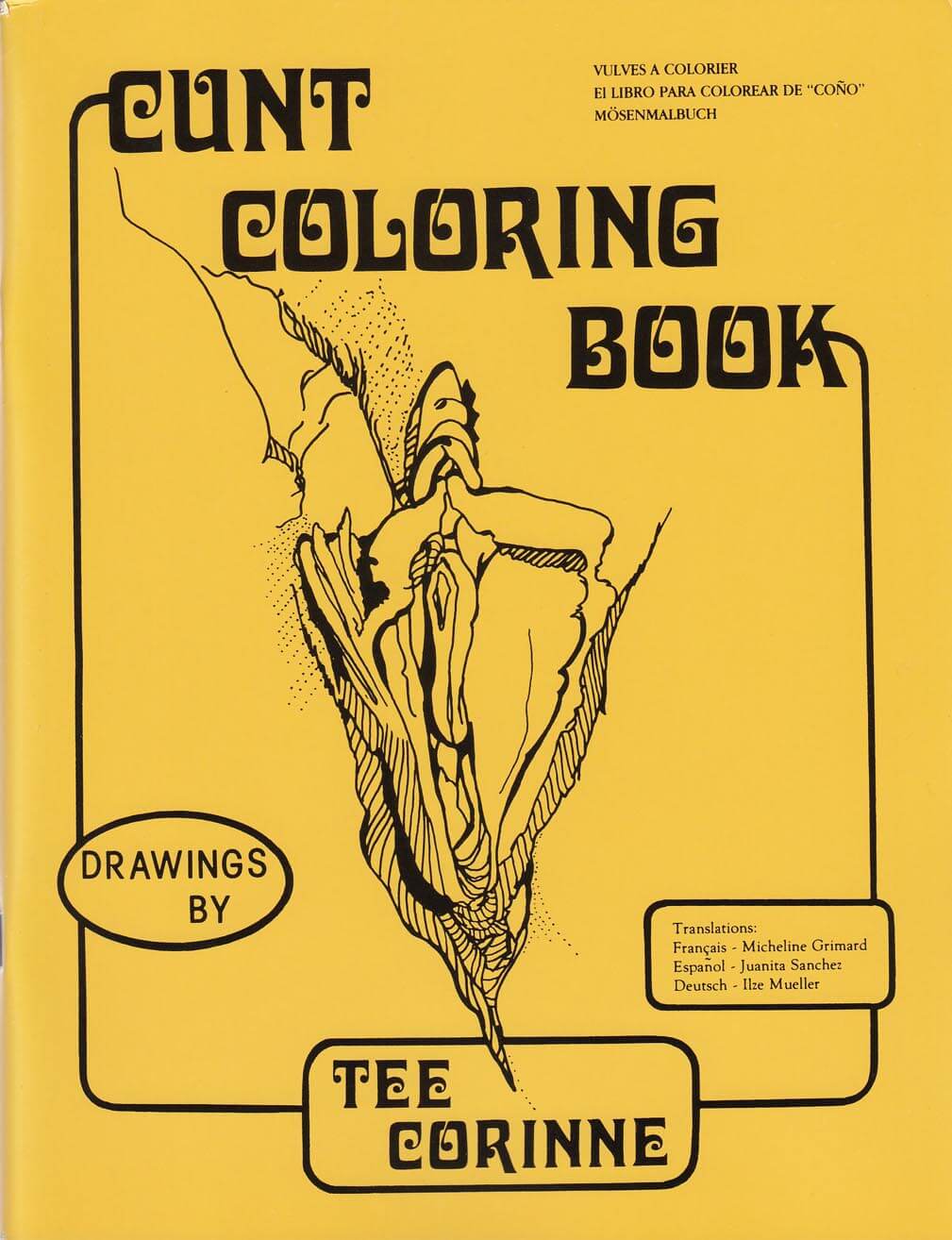
Tee A. Corinne: A forest fire between us
Tee A. Corinne, Charlotte Flint ed.
A forest fire between us is an ambitious publication that uncovers Tee A. Corinne’s radical and expansive photographic practice, offering a new perspective on the intersections of her work as photographer, lesbian sex activist, educator, and author. Edited by curator Charlotte Flint, this book charts a route through Corinne’s practice with never-before-seen photographs, slides, contact sheets, and ephemera uncovered from her archive. Showcasing the pioneering work that established Corinne as one of the foremost lesbian photographers of her time, this publication places Corinne alongside friends, fellow artists, writers, and activists who helped define radical counterculture, from Audre Lorde to Joan E. Biren (JEB), Ruth Mountaingrove to Honey Lee Cottrell, among others.
At the book’s heart are the Feminist Photography Ovulars, gatherings of women in the Oregon countryside which were the setting for DIY photographic workshops exploring image-making against the natural landscape, which Corinne co-organized in the late 1970s and early 1980s. The photographs made during these annual gatherings speak to the incredible community that Corinne fostered, and an understanding of the ways in which play and pleasure can come together to create something radical.
Delving into an extensive array of archival material, A forest fire between us is a call to action that shows us the ways in which photography, activism, and community can come together to create a powerful new visual language around desire.
With an extensive chronology and texts by Ruth Mountaingrove, JEB, and Charlotte Flint.







